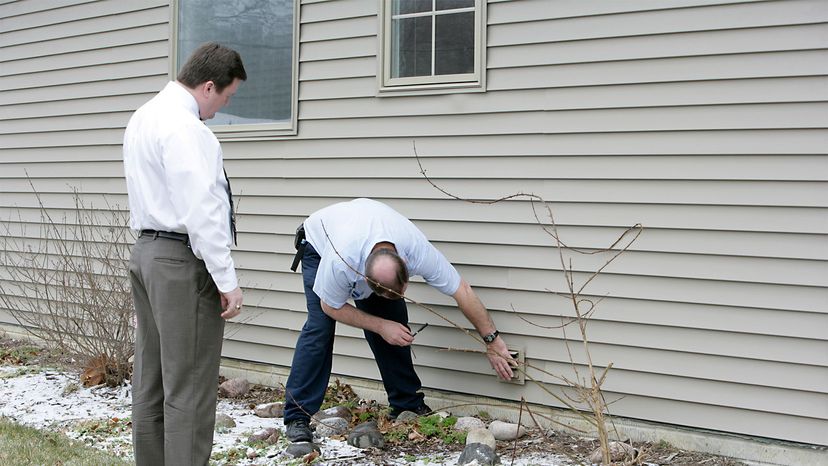
Of all the people you'll interact with when buying or selling a house, the appraiser is the one you'll probably get to know the least. But he or she may play one of the most important roles in the sale or purchase of your home. What the appraiser finds can be the difference in whether or not you'll get the house you want or be able to sell the one you don't.
A property appraisal is different from a property inspection. The home inspector is looking for issues in the home that the buyer should be aware of before purchase (for instance, mold or a leaking roof). The appraiser is determining the dollar value of the home by looking at what similar homes in the area go for, as well as the condition of the actual property. If you're borrowing money from a bank or other institution to purchase your home, you'll likely have to get a home appraisal (the inspection is optional but buyers would be wise to get one.)
Advertisement
Here are 10 important things to know about a home appraisal, starting with why mortgage lenders require home appraisals in the first place.




